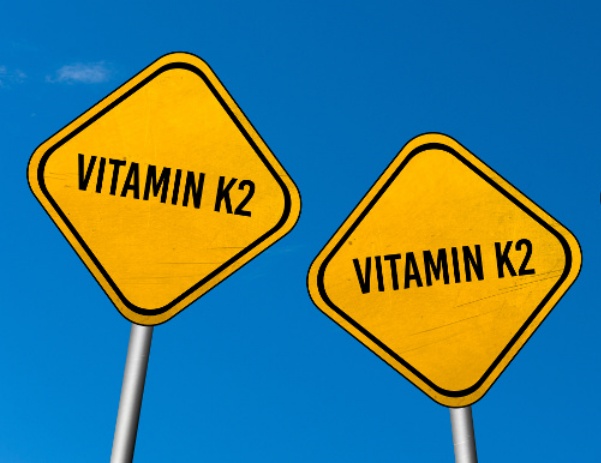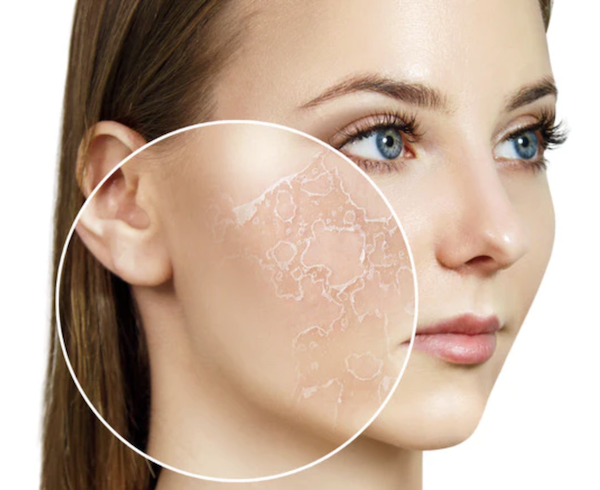Necessary for bone & cardiovascular health
 We’ve noticed that some of our customers still don’t know the value of vitamin K2, so we thought we’d share what we’ve learned. If you’re worried about heart health or bone density, you need to keep reading.
We’ve noticed that some of our customers still don’t know the value of vitamin K2, so we thought we’d share what we’ve learned. If you’re worried about heart health or bone density, you need to keep reading.
First let’s clarify Vitamin K1 (phylloquinone) vs. K2 (menaquinone). Vitamin K1, found in green leafy veggies, plays a vital role in clotting blood. Found in small amounts in cheese, egg yolks and grass-fed butter, Vitamin K2 helps shuttle calcium into bone and can even stop calcified plaque from building up in your arteries.
Specifically, “this fat-soluble vitamin is required to activate osteocalcin, an important protein secreted by osteoblasts, the body’s bone-building cells,” according to a 2013 article in Today’s Dietician. It goes on to say that, “When vitamin K2 is activated, osteocalcin can draw calcium into the bones where osteoblasts then incorporate it into the bone matrix. In addition, vitamin K2, when combined with vitamin D3, helps inhibit osteoclasts, the cells responsible for bone resorption. …
“The same osteocalcin protein that vitamin K2 activates also triggers the activation of another protein called matrix gla protein (MGP), which is responsible for removing excess calcium that can accumulate in soft tissues such as arteries and veins. This role takes on significant importance considering that about 20% of atherosclerotic plaques are comprised of calcium, from the early to the more advanced stages of heart disease development.”
Both hypertension expert Dr. Mark Houston of Nashville (author of What Your Doctor May Not Tell You About Heart Disease) and nationally-known cardiologist Stephen Sinatra recommend supplementing with vitamin K2 for anyone with heart concerns. Sinatra says, “To me, vitamin K2 ranks right up there with CoQ10. Because I wouldn’t practice cardiology without CoQ10 that speaks volumes.” Sinatra suggests taking 150 mcg of vitamin K2 in the MK-7 form.
Vitamin K2 is available in two main subtypes, MK-4 and MK-7. The M stands for menaquinone and the 4 and 7 indicate the number of side chains that are attached to the main vitamin K molecule. Whenever possible, choose the MK-7 form as it is the most active and bioavailable form.
REFERENCES:




